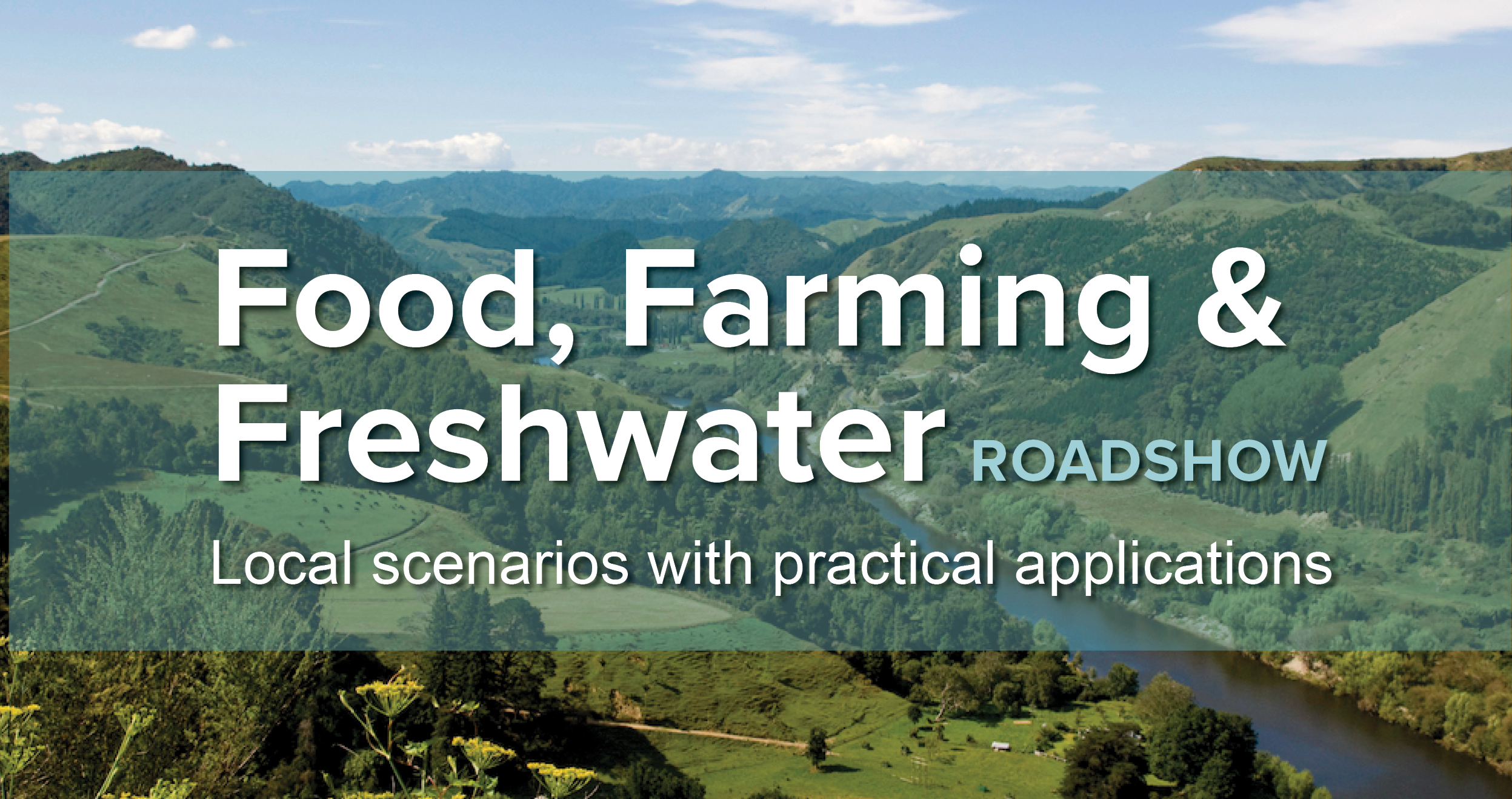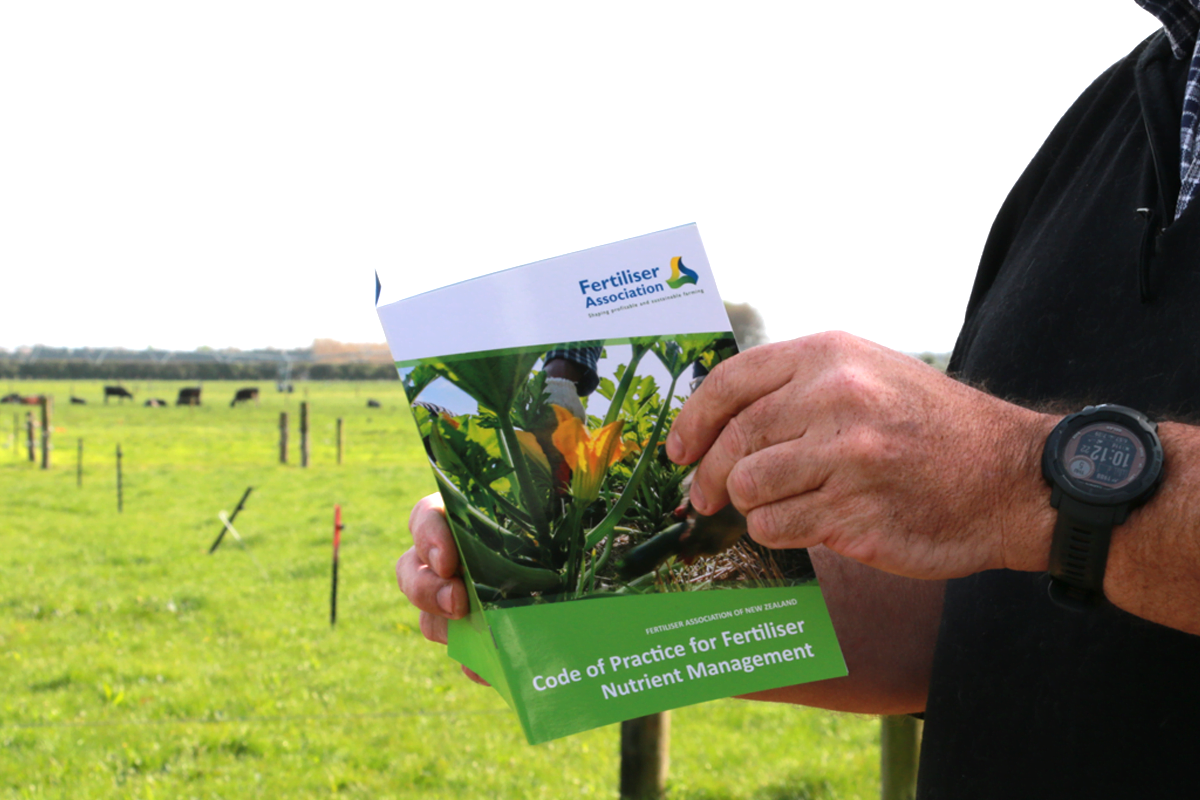Crafting collective management institutions in messy real-world settings: A call for action research
March 2022
Publication: International Journal of the Commons
Author(s): J. Sinner, M. Tadaki, E. Challies, M. Kilvington, P. Tane, C. Robb
There is considerable interest in collective management as a potential solution to complex environmental problems, but existing research offers little guidance for the messy real-world task of creating new institutions. We report on a study from New Zealand that applies an action research orientation, involving four case study catchments where farming and indigenous leaders are in dialogue about emerging collective institutions to address declining health of freshwater systems. We show how these institutional crafters considered, challenged and stretched the general design principles as they assessed the principles’ relevance to their cases, which involve externalities from diffuse pollution and hence are a less-than-straightforward collective management problem. We argue that commons research can benefit from (i) a theoretical agenda that reorients inquiry to practical issues of crafting institutions as well as (ii) a methodological agenda involving action research as a way of recognizing and working through complexity.
Projects which produced this output
 View Our Strategy Document 2019 – 2024
View Our Strategy Document 2019 – 2024



